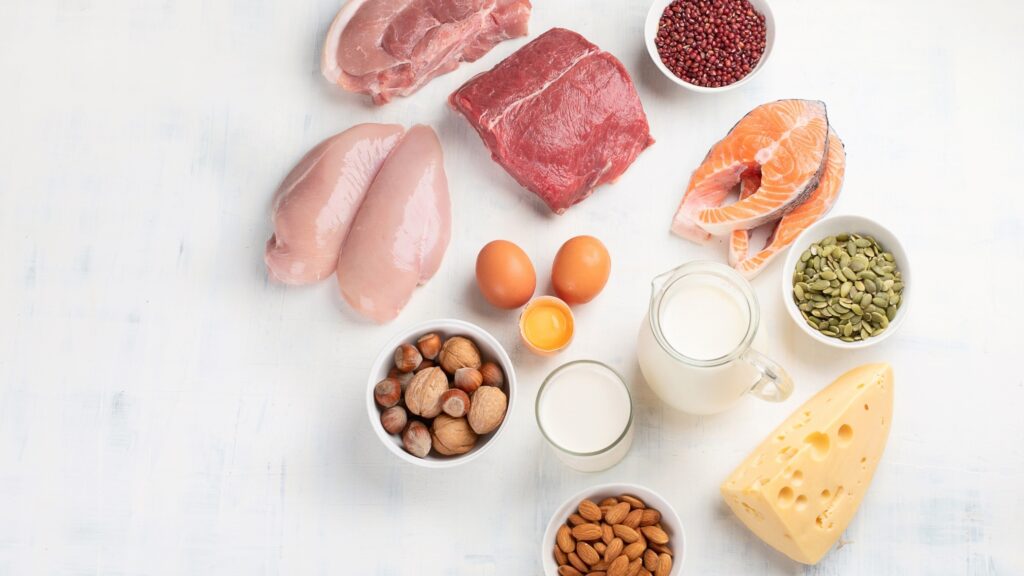Most seniors are unsure whether they are consuming enough protein
The majority of Hungarians over the age of 60 consider regular meals and physical activity important, but many are not aware of whether they are actually getting enough protein. According to research commissioned by Danone Hungary, although the majority regularly consume protein-rich foods, awareness of this still leaves some room for criticism, and many experience symptoms that may even indicate protein deficiency.
 71% of those surveyed eat 1–2 servings of protein-rich foods per day. However, it is noteworthy that 64% of respondents do not track their protein intake at all, and only 1% know exactly what the recommended daily amount is for them.
71% of those surveyed eat 1–2 servings of protein-rich foods per day. However, it is noteworthy that 64% of respondents do not track their protein intake at all, and only 1% know exactly what the recommended daily amount is for them.
Fish and seafood are almost completely absent from the diet of older people, and soy products and plant-based milk substitutes are also almost unknown to them. The primary source of protein among them is meat, 70% of them consume them several times a week, and only 2% rarely or never. Dairy products are also very popular, with more than half of the respondents consuming them 1-2 servings per day. Among plant-based protein sources, legumes and nuts are the most common (typically consumed 1-2 times a week).
People over 60 also lead an active lifestyle: 70% do some kind of physical activity at least 3-4 days a week, whether it’s walking, gardening or light exercise. However, only a few people take care of protein supplementation after exercise (a total of 23% do this most or all the time), and 79% never consume protein-containing foods after exercise.
The research also shows that the diet of people over 60 is affected by a number of difficulties. 15% of them struggle with appetite problems, and 12% of them are taking medication that impairs their appetite. Chewing and swallowing difficulties affect 29% of them, which can significantly limit the variety of their diet.
The most common signs of protein deficiency were muscle weakness (23%), fatigue (21%), and difficulty moving (47%). Some also reported slower wound healing (11%) or more frequent illnesses (7%). Although many people do not experience symptoms, the survey clearly shows that a significant part of the age group is at risk of protein deficiency due to lack of awareness and eating difficulties.
“The health and activity of the older generation is closely related to adequate protein intake. It is extremely important that greater emphasis is placed not only on the regularity of meals, but also on the quality and quantity of protein intake among the elderly. Education, personalized dietary advice, special protein-rich medical foods and supplements can help people over 60 live healthier, more active and more balanced lives” – emphasized Zsuzsanna Szűcs, professional partner of the research, president of the National Association of Hungarian Dietitians.
*About the research methodology
The research was conducted by the Szinapszis public opinion pollster in June 2025 with the support and professional guidance of the National Association of Hungarian Dietitians. The data collection was conducted on a sample of 600 people, which is representative of the population between the ages of 18 and 60 in terms of gender, age and region.
The research provides a detailed picture of the habits and obstacles related to protein intake of the Hungarian population, while highlighting that there is still room for developing a more conscious lifestyle.










